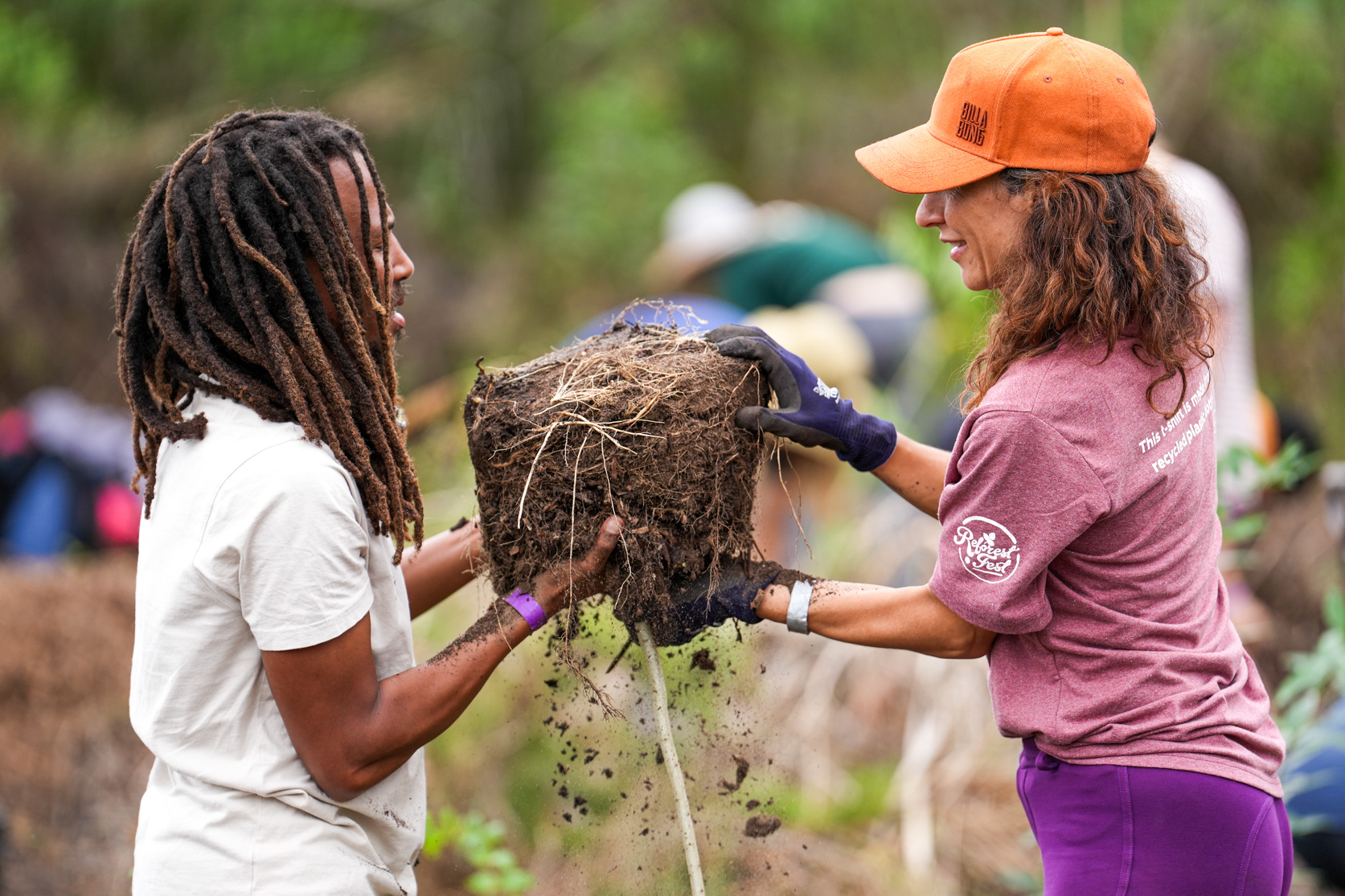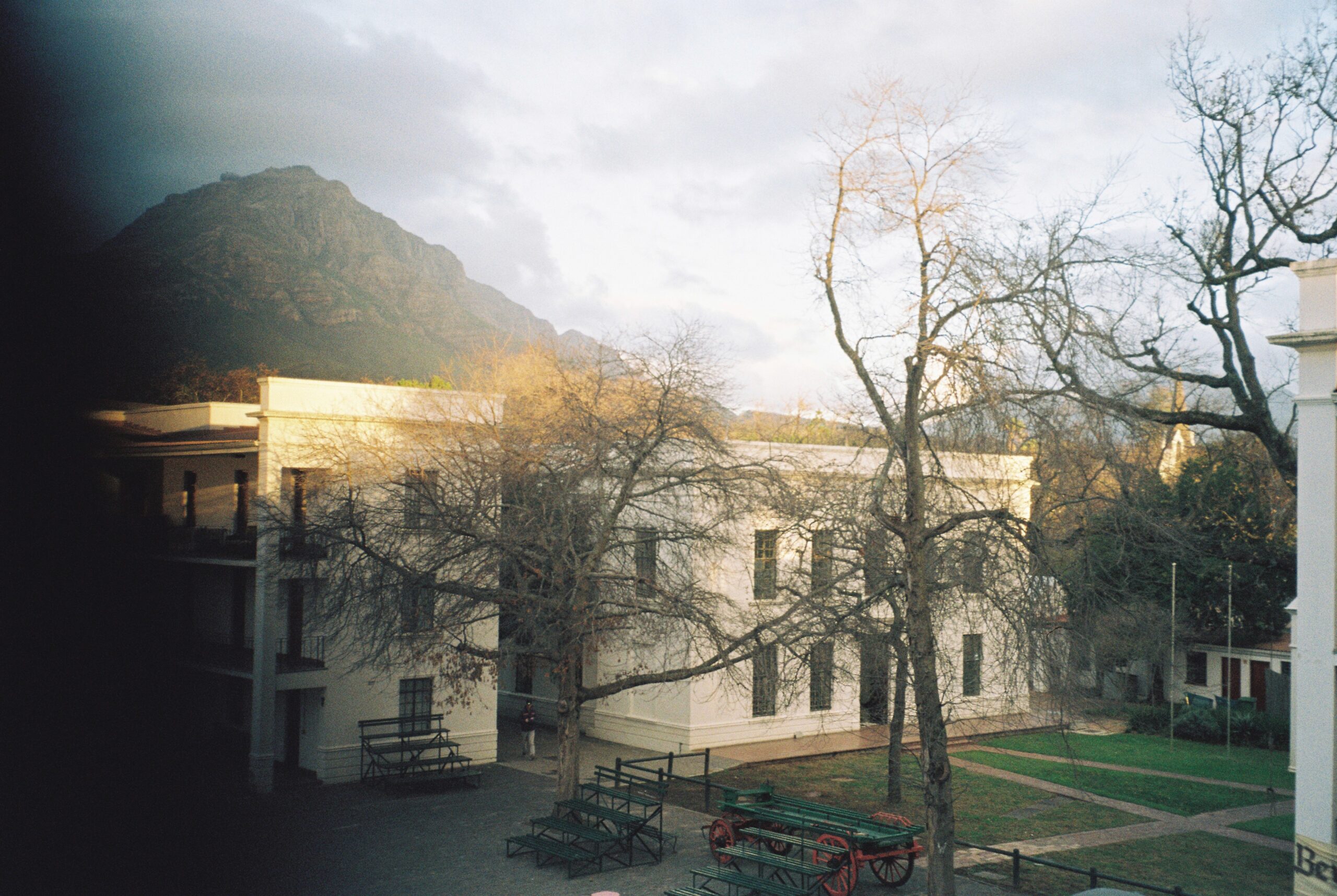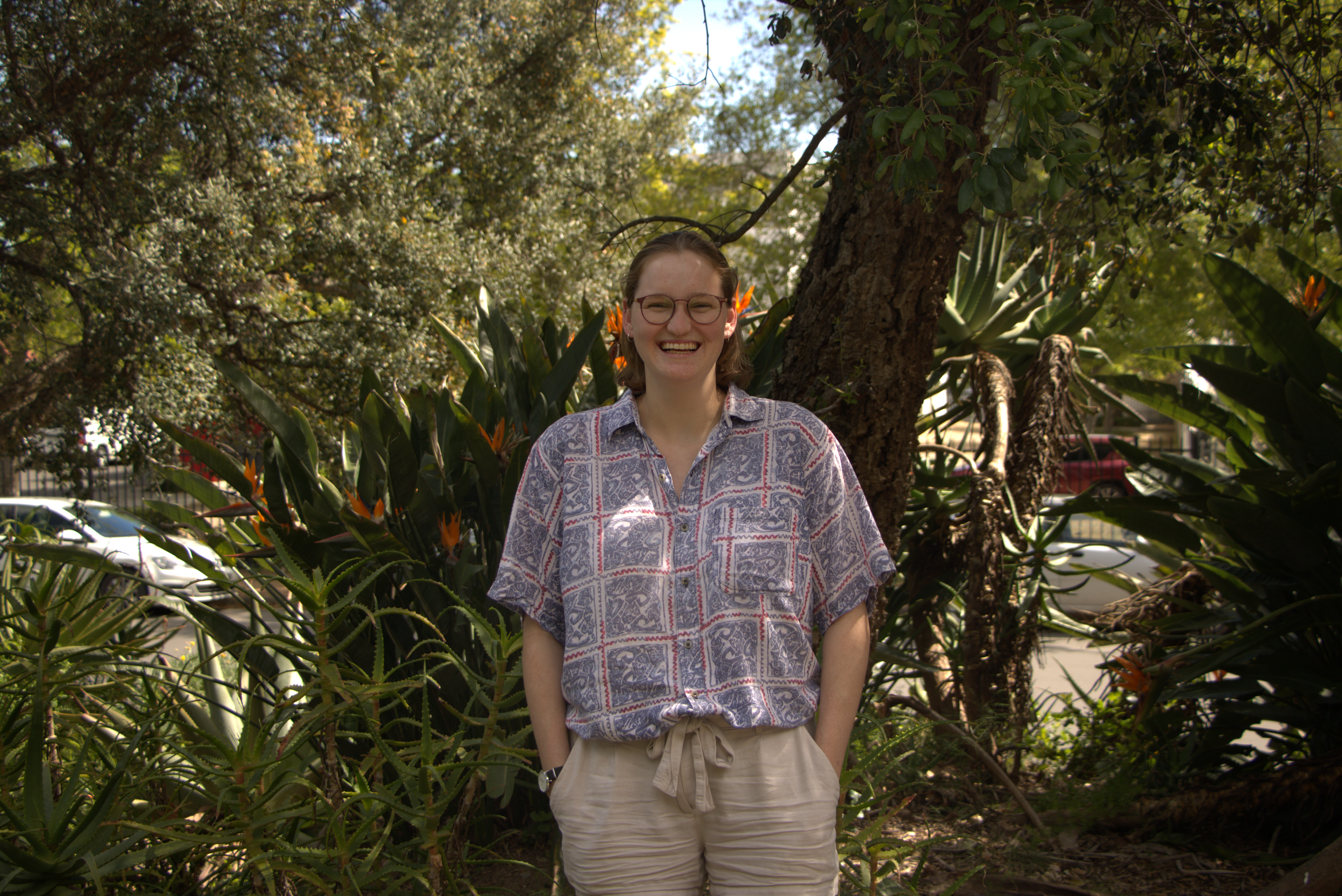Hayley Grammer
Ten academic courses to be “decolonised” over the next two years.
Stellenbosch University (SU) has made plans to decolonise several academic courses over the next two years without consulting student leaders and committees.
The programmes to go under review include: Faculty of AgriSciences: Conservation Ecology; Faculty of Arts and Social Sciences: BA (Language and Culture); Faculty of Economic and Management Sciences: Bcomm (Mathematical Sciences); Faculty of Education: MPhil in Higher Education; Faculty of Engineering: Aspects of the BEng programs; Faculty of Law: The LLB programs; Faculty of Medicine and Health Sciences: the MBChB program; Faculty of Military Science: Bmil Technology; Faculty of Science: BSc (Earth Sciences) and the Faculty of Theology: BDiv programs.
Martin Viljoen, SU spokesperson, said that the decision to decolonise the curriculum is not a new thing. “The SU council gave SU management instruction in November 2016 to think about the issue of decolonisation and to make recommendations on how the University should respond to it. Students are consistently part of the process in all 10 of the programmes,” he said.
However, according to Euwen Etson, chair of the Academic Affairs Council (ABR), the decision to alter the academic offering at SU was not tabled in any committee meeting. “These decisions are usually discussed in Academic Planning Committee meetings on which I serve, but this matter was not discussed at all this year,” he said. Etson declined to deliver any further comment.
Lwando Nkamisa, chairman of SU’s Student Representative Council (SRC), also stated that he did not recall the ABR or SRC being consulted on the decision.
“This being said, I don’t want people to think of this as management forcing change down the throats of students without consultation, all of these things will be discussed in faculties and faculty committees, which are elected by students. As discussed in Vision 2030, we always strived to be a truly Africa centered university. This vision was agreed upon by students, stakeholders, the council, the senate and all executive structures of the university,” said Nkamisa.
He also acknowledged that conservatives may feel concerned when hearing the term ‘decolonisation’ since it is not clearly defined and mostly associated with the movement Fees Must Fall (FMF).
“We have a large number of students coming from other African countries to study at the University and they are looking for an African experience and an African curriculum at an African university. This means we will now be more attractive to students from other countries, and it also means that the graduates we are producing will be more aware of what is going on within their continent. All it means is when necessary or possible, instead of learning about studies that are not in our context, we will focus on what is relevant to our country. SU was isolated for decades and now it is trying to re-enter the market of higher education in Africa. It doesn’t mean we are excluding what was already being taught, it just means we are adding to the curriculum,” he said.
Prof. Arnold Schoonwinkel, vice rector of Learning and Teaching, shared Nkamisa’s sentiment. “We’re not erasing history, we’re teaching students to think critically and to not only accept one viewpoint. This will be done by following a scientific approach and using findings from other sciences to weigh up different methods of research,” he told Netwerk24.
Monica du Toit, head of the Transformation Office at SU, said that curriculum renewal is part of what universities do all the time. “Decolonisation is part of looking at the relevance and how we prepare students to be global thought leaders. It is the task of all academics and support staff to do this all the time and not the role of a single person or division,” she said.
According to her, decolonisation is not rejecting what we know. “It is helping us to ask questions about what we do not know and learning to value equally.”
Du Toit said that students will have access to more perspectives, examples and applications. “Over time I would argue it would inspire creative and relevant content and methodologies.” Du Toit pointed out that conversations about decolonisation did not only start now.
Brenda Wingfield, professor of Genetics at the University of Pretoria, vice president of the Academy of Science of South Africa and DST-NRF SARChI chair in Fungal Genomics, said in 2017 that the decolonisation of education means that a nation must become independent with regards to the acquisition of knowledge skills, values, beliefs and habits. “What’s really important is that South African teachers, lecturers and professors must develop curricula which build on the best knowledge, skills, values, beliefs and habits from around the world. These cannot be limited to one country nor one continent – be it Africa or Europe,” she said.
In a 2016 media release, Prof. Barney Pityana, human rights lawyer, theologian and one of the founding members of the South African Students’ Organisation, said that there has been a backlash against science within the call for decolonisation.
“Science is the ability to use collective thinking to solve problems. Much needs to be done to change the misconceptions around science as a western concept,” said Pityana.



